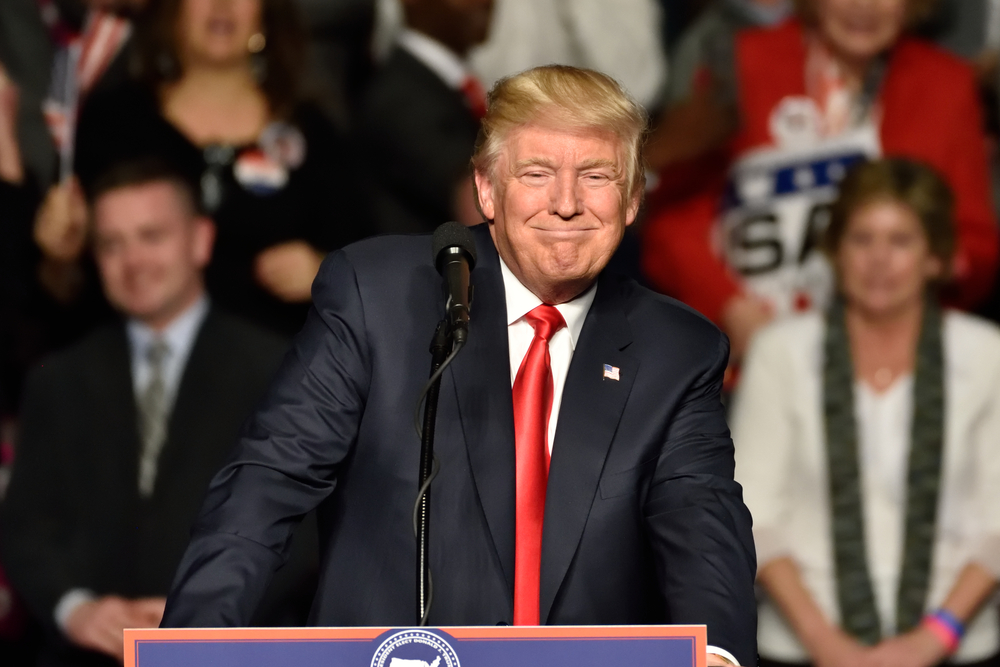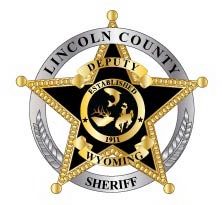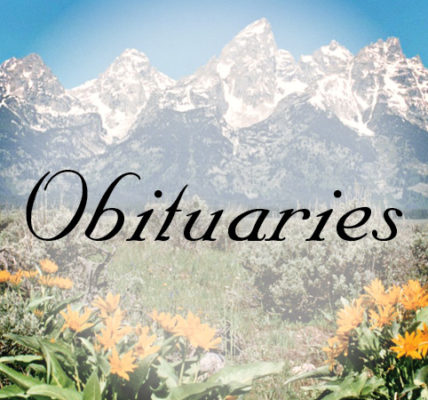WASHINGTON — President Donald Trump zeroed in on many of the nation’s top political discussions, weaving in stories from various U.S. citizens seated in the gallery of the House Chamber, as he delivered his first State of the Union address Tuesday evening.
In a speech that lasted more than an hour, Trump talked about the U.S. economy, immigration, infrastructure and the country’s frosty relationship with North Korea. He also pointed toward some of the nation’s current success and offered an optimistic look at the future.
“This, in fact, is our new American moment. There has never been a better time to start living the American dream,” he said, regarding the hopeful ramifications of the recently passed $1.5 trillion tax overhaul bill.
While he pointed to that optimism, Trump also brought up issues that will likely be addressed in upcoming legislative discussions. Here are four of the main takeaways from his address:
Immigration reform
Perhaps the most talked-about aspect from Trump’s speech was his “four pillar plan” for immigration reform, which brings together some ideas from both Republicans and Democrats.
“My administration has met extensively with both Democrats and Republicans to craft a bipartisan approach to immigration reform,” Trump said. “Based on these discussions, we presented the Congress with a detailed proposal that should be supported by both parties as a fair compromise — one where nobody gets everything they want, but where our country gets the critical reforms it needs.”
The plan calls for a 12-year pathway to citizenship for 1.8 million immigrants living in America illegally, but who were brought into the country by their parents at a young age. Many of these immigrants are a part of the U.S. DACA program.
It also calls for building a wall on America’s southern border, hiring more security agents and ending the U.S. visa lottery. In addition, Trump called for ending “chain migration,” which NPR explains as a process in which green card holders, or citizens, sponsor a family member, such as a spouse or a child, for immigration to the U.S.
That last part of Trump’s proposal drew some boos from the Democratic side of the crowd.
Infrastructure
Trump called for at least $1.5 trillion in infrastructure spendings during Tuesday’s speech. The money the federal government spends “should be leveraged” by partnering with state and local governments and looking at the private sector for investments as well, he said.
“We built the Empire State Building in just one year — is it not a disgrace that it can now take 10 years just to get a permit approved for a simple road?” Trump said. “I am asking both parties to come together to give us the safe, fast, reliable, and modern infrastructure our economy needs and our people deserve.”
He added that any bill on the topic should adjust permitting and approval processes for projects to cut time on what projects are completed.
On a similar note, Trump also claimed the country has “ended the war on American energy — and we have ended the war on clean coal.” He said the country is now an exporter of energy to the world.
North Korea
While the president spent some time speaking of the United States’ war on ISIS and the nation’s nuclear deal with Iran, more time was spent on the country’s frosty relationship with North Korea.
In fact, the parents and siblings of Otto Warmbier, the American college student who died last year after his imprisonment in North Korea, were in the crowd and received an ovation from the audience during the speech, as did Ji Seong-ho, a North Korean escapee now living in South Korea. He was also in the gallery.
Trump said no regime has oppressed its citizens more “brutally” than North Korea and vowed to place more pressure on the country.
“North Korea’s reckless pursuit of nuclear missiles could very soon threaten our homeland,” the president said. “We are waging a campaign of maximum pressure to prevent that from happening.”
Bipartisanship
Throughout his speech Tuesday, Trump brought up the idea of unity. While this is a topic that won’t be voted on, it will be interesting to see if Republicans and Democrats will work more closely after the brief government shutdown earlier this month.
Trump noted a couple of times that the obligation of public office is to serve those who elected you to represent them.
“I am extending an open hand to work with members of both parties — Democrats and Republicans — to protect our citizens of every background, color, religion and creed,” he said. “My duty, and the sacred duty of every elected official in this chamber, is to defend Americans — to protect their safety, their families, their communities and their right to the American dream. Because Americans are dreamers too.”
![]()





